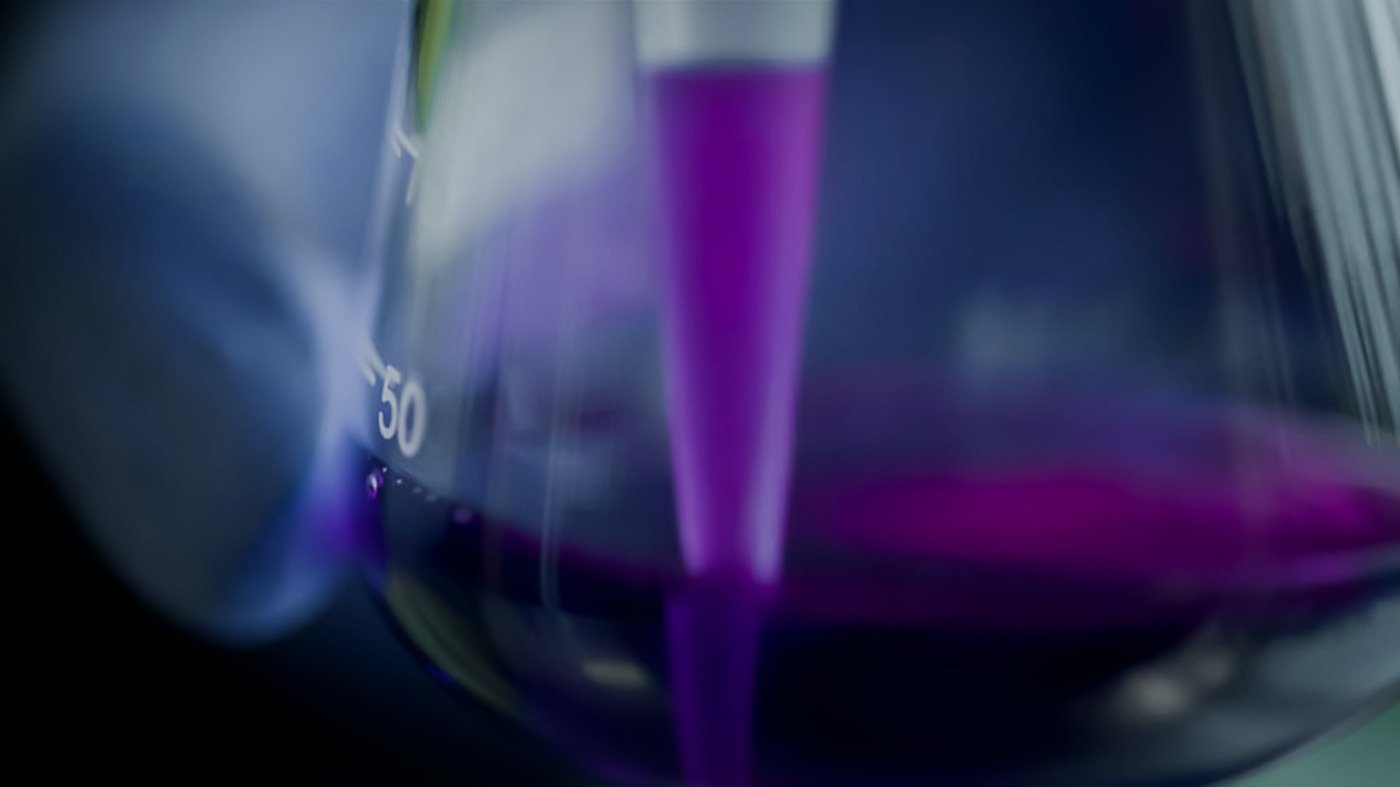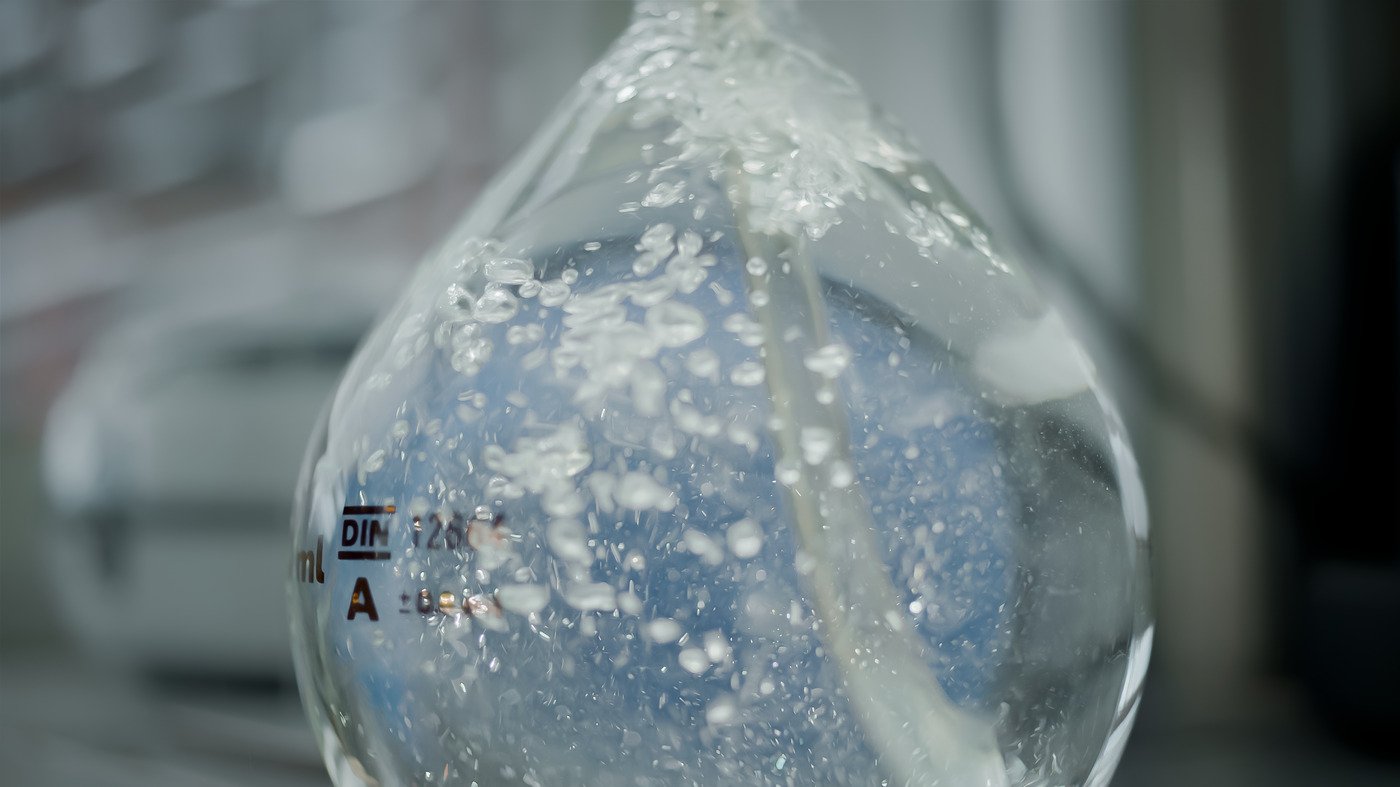Preem's refineries are among Sweden's largest point sources of carbon dioxide emissions. This is why we are working actively to enable the capture and storage of carbon dioxide, known as CCS (Carbon Capture and Storage). Tests have been conducted with good results, and the plan is to establish full-scale plants in the late 2020s.
The "Preem CCS" pilot project has analyzed everything from capturing to storing carbon dioxide for almost three years. The results indicate the technology is feasible, but some practical issues remain.
With the help of a CCS plant, Preem could reduce the emissions from the refinery in Lysekil by up to 500,000 tons. This is almost a quarter of the refinery's total carbon dioxide emissions.
FACTS: Carbon Capture and Storage (CCS)
CCS stands for Carbon Capture Storage (geological storage of carbon dioxide). It is a well-proven technology to capture and transport carbon dioxide to geological storage under the seabed, just as nature itself stores oil and gas.
How much can carbon emissions be reduced
Carbon dioxide emissions in Sweden are currently around 50 million tons per year. If you also include emissions from biogenic sources, the total emissions are about 70 million tons per year.
By introducing carbon capture at the 27 Swedish industrial plants that generate more than half a million tons per year, emissions could be reduced by 23 million tons, of which 14 million tons are of fossil origin.
Source: The report Avskiljning, transport och lagring av koldioxid i Sverige ("Carbon Capture, Transport and Storage in Sweden") by Filip Johnsson and Jan Kjärstad, Chalmers University of Technology (2019).

